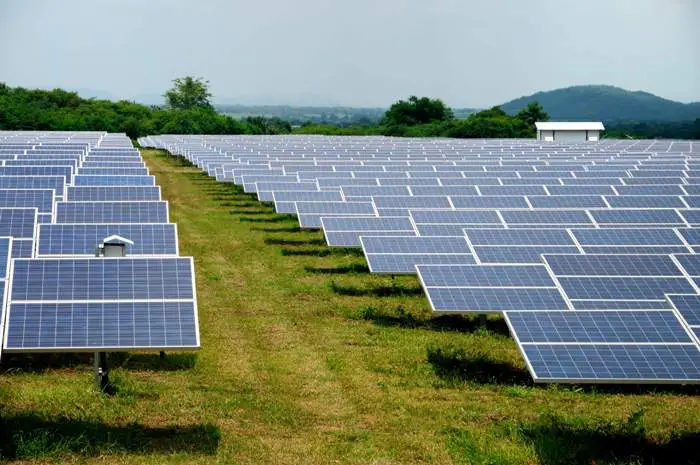The Tokyo-based PV module provider has moved forward with the development of its initial utility-scale PV plant by signing a memorandum of understanding (MOU) with the authorities in Kitui County, approximately 170 kilometers southeast of Nairobi.
Also read:Kenya plans construction of 40MW solar plant in Makueni County
The project — which materialized from combined studies that Looop carried out with the Jomo Kenyatta University of Agriculture and Technology — will be the first solar display to be developed by a Japanese company on the continent outside of South Africa, according to an online report.
Also read:Another 40MW solar power plant in Kenya to be constructed
Looop will develop and realize the business plan, while the local government will provide support and offer land.
Upon completion, the electricity will be sold to utility Kenya Power under the nation’s feed-in tariff (FIT) system over a period of 20 years.
The Kenyan government presently offers a FIT rate of US$0.12/kWh for solar projects ranging from 10-100 MW in size and US$0.10/kWh for 0.5 – 10 MW arrays.
Nevertheless, in October the Ministry of Energy divulged plans to initiate an auction scheme for utility-scale power projects at some point in early 2017.
Kenya’s growing installed solar aptitude stood at just 24 MW at the end of 2015, according to the International Renewable Energy Agency (IRENA).
Nonetheless, interest in utility-scale PV development has been on the rise in Kenya in recent years.
For instance, Toronto-based developer SkyPower Global announced a US$2.2 billion plan in July 2015 to erect 1GW of solar in the state.
The project is being developed with the goal of contributing stable supply of electric power necessary for achieving the 2030 vision.
The signing ceremony was held in Tokyo in December 2016. Major people such as Seiichiro Nakamura, CEO of Looop Representative Director and President Julius · Macau · Marombe of Kitui District attended. Mr. Seiichiro Nakamura steadily advanced this project and wanted to contribute to Africa’s energy problems and food problem solving.
